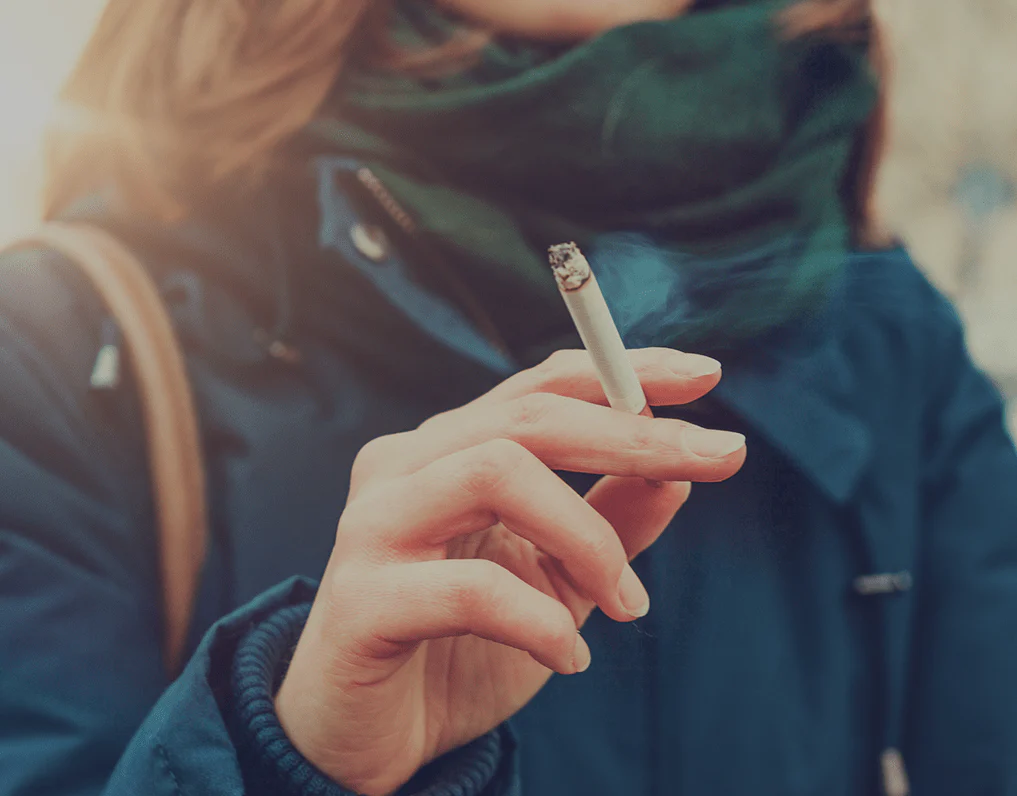
Tooth extraction is a common dental procedure that many patients may face at some point in their lives. However, if you are a smoker and need a tooth extracted, it is important to understand how smoking can impact your recovery after a tooth extraction. This article will provide you with information about the relationship between smoking and tooth extraction, and how you can ensure a healthier healing process around the extraction site.
The Risks of Smoking After Tooth Extraction
Smoking after a tooth extraction procedure poses numerous risks that can significantly affect your recovery and dental health. When you smoke, the chemicals in cigarettes can impede blood flow to the extraction site, which is crucial for healing. This reduced blood flow can lead to complications such as a condition known as dry socket, a painful condition that occurs when blood clots fail to form or are dislodged. Smoking can introduce harmful bacteria into the wound, increasing the risk of infection.
Smoking can also lead to prolonged healing times. The nicotine in cigarette smoke constricts blood vessels, which further delays the healing process. If you are a smoker, you may find that your gum tissues heal more slowly compared to non-smokers. This can not only extend your recovery time but also increase discomfort and the likelihood of complications.
Preparing for Tooth Extraction as a Smoker
If you are planning to undergo tooth extraction and are a smoker, preparation is key to ensuring a successful outcome. One of the most effective ways to prepare is to quit smoking for at least 48 hours before and after the procedure. This temporary cessation can significantly improve your healing capabilities and reduce the risk of complications. Inform your dental professional about your smoking habits, as they can provide tailored advice and guidance to help you navigate the recovery process.
Post-Extraction Care for Smokers
After your tooth extraction, proper post-operative care is important, especially for smokers. It is advisable to avoid smoking for at least 72 hours following the procedure. This period allowins the blood clot to stabilize and for the healing process to begin. You should also avoid any activities that create suction in your mouth, such as using straws, as this can dislodge the clot and lead to dry socket.
Maintaining good oral hygiene is important in the days following your extraction. Gently rinsing your mouth with warm salt water can help keep the area clean and promote healing. It is also important to monitor the extraction site for any signs of infection, such as increased swelling or pus. If you notice any concerning symptoms, do not hesitate to contact your dentist for further evaluation and care.
Frequently Asked Questions
Can I smoke after a tooth extraction?
It is highly recommended to avoid smoking for at least 72 hours after a tooth extraction. Smoking can delay healing and increase the risk of developing complications such as dry socket.
What is dry socket and how is it related to smoking?
Dry socket occurs when the blood clot that forms in the empty socket after a tooth extraction dislodges or dissolves. Smoking can increase the risk of dry socket as the suction created when smoking can disturb the clot, leading to complications.
How long should I wait to smoke after wisdom teeth removal?
You should wait at least 72 hours before smoking after wisdom teeth removal. This will help promote better healing and reduce the risk of complications.
What should I do if I feel the urge to smoke after a tooth extraction?
It’s best to abstain from smoking altogether during the initial healing period. If you struggle with the urge to smoke, consider talking to your dentist about alternatives to smoking that can help manage cravings.
Can smoking affect my overall oral health after a tooth extraction?
Yes, smoking can have negative effects on your overall oral health. It can delay healing after tooth removal, increase the risk of infection, and contribute to other dental issues such as tooth decay and gum disease.
Should I be concerned about the effects of smoking if my tooth was extracted with gauze?
Yes, even if gauze is applied after the extraction, smoking can still disrupt the healing process. It’s essential to avoid smoking to ensure the gauze can do its job in protecting the extraction site.
What are the risks of smoking after having a tooth pulled?
The risks of smoking after having a tooth pulled include delayed healing, increased pain, a higher chance of developing dry socket, and potential infections. These risks highlight the importance of avoiding smoking for at least 72 hours post-extraction.
Is it safe to smoke if I just had a tooth extraction without any complications?
Even if you feel fine after a tooth extraction, it is still advised to stop smoking for at least 72 hours. Complications may not be immediately apparent, and smoking can jeopardize the healing process.
What should I tell my dentist if I am a smoker and need a tooth extraction?
Be honest with your dentist about your smoking habits. They can provide you with tailored advice and guidance on how to prepare for the extraction and how to care for your oral health during the healing process.
Schedule a Consultation With a Dentist
Taking care of your oral health is essential, and one of the best ways to ensure your smile stays bright is to schedule a consultation with a dentist. During your visit, the dentist will assess your oral health and provide personalized recommendations tailored to your needs. Don’t hesitate to ask any questions you may have during the appointment; your dentist is there to help you understand your oral health better.
Dr. Argina Kudaverdian – Los Angeles, CA.
32ology Dental Studio – 24/7 Emergency Dental Services
18740 Ventura Blvd., Ste 108 Tarzana CA 91356
(818) 776-1236
Serving : Tarzana | Sherman Oaks | Encino | Woodland Hills | West Hills | Reseda